James Brazill-Boast (Coordinator)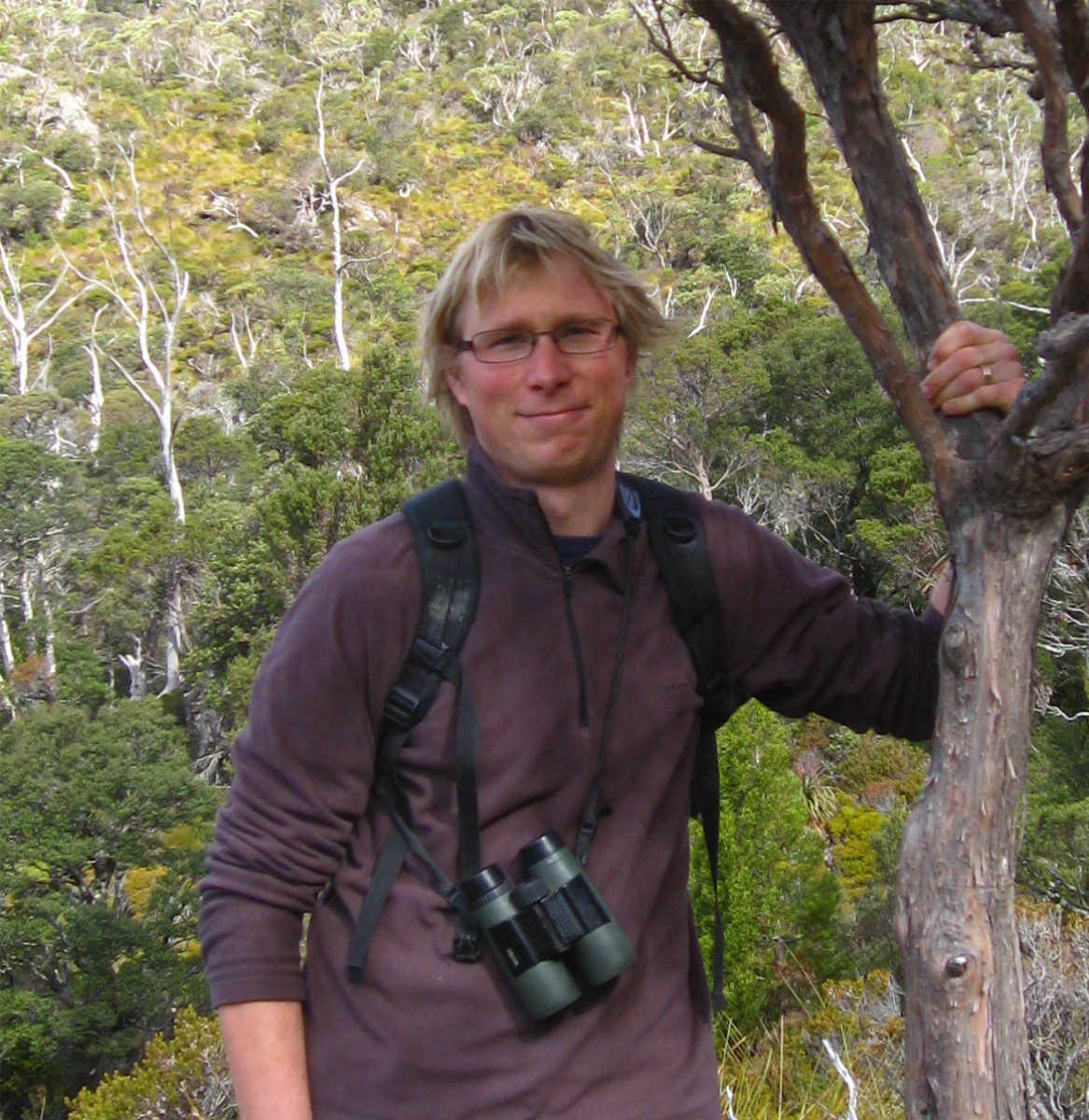
James works for the NSW (Australia) government as Principal Ecologist for the Biodiversity Conservation Trust. He has worked on the application of decision science to conservation policy for over 10 years, as well as biodiversity monitoring and threatened species management. James initially worked on the conservation and behavioural ecology of the Gouldian finch before moving into conservation policy. James has a particular interest in bridging the science-policy divide by linking rigorous research and methods to the wicked problems posed by public policy imperatives.
Ali Chauvenet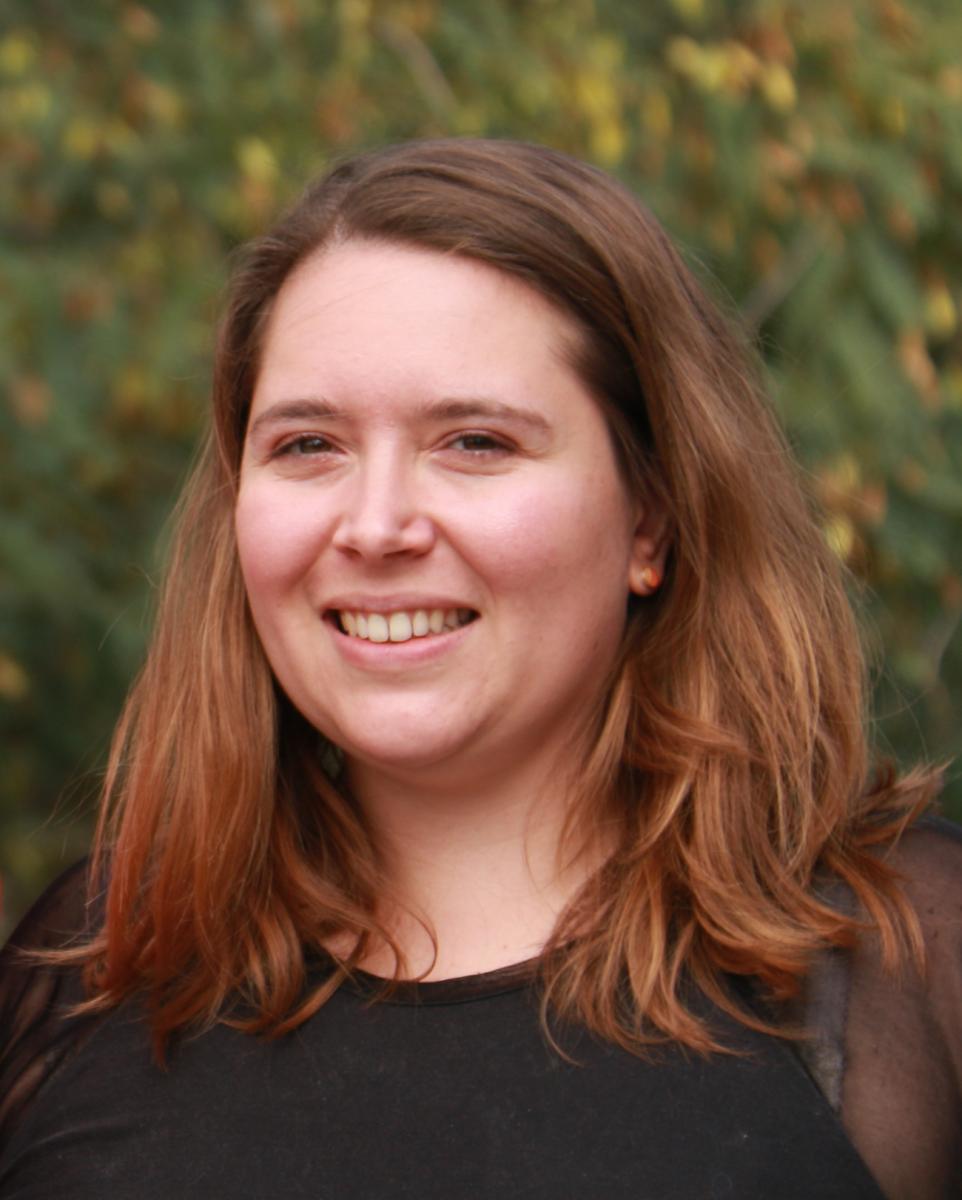
Originally from France, I did a BSc (Hons) in Ecology at the University of Queensland, followed by an MSc in Conservation Science and PhD in Ecology at Imperial College London, in the UK. After completing my PhD in 2012, I worked for the British government as an ecological modeller. In 2014, I returned to Australia to do a postdoctoral fellowship at the University of Queensland. I moved to Griffith University as a new lecturer in June 2018. My research aims to help protect species from extinction by designing tools to help managers make the best decision for species and ecosystems, in Australia and around the world. I use a combination of ecology, mathematics and computer simulations to weigh the costs and benefits of different conservation actions and make recommendations. For example, I am interested in nature reserves, such as national parks, as a conservation tool. I ask: are we protecting the right habitats? How much more area should we protect? Where should we create a national park next? I work to answer these questions and more, under the knowledge that funding for conservation is limited and with the ultimate aim of protecting as much biodiversity as possible.
Ayesha Tulloch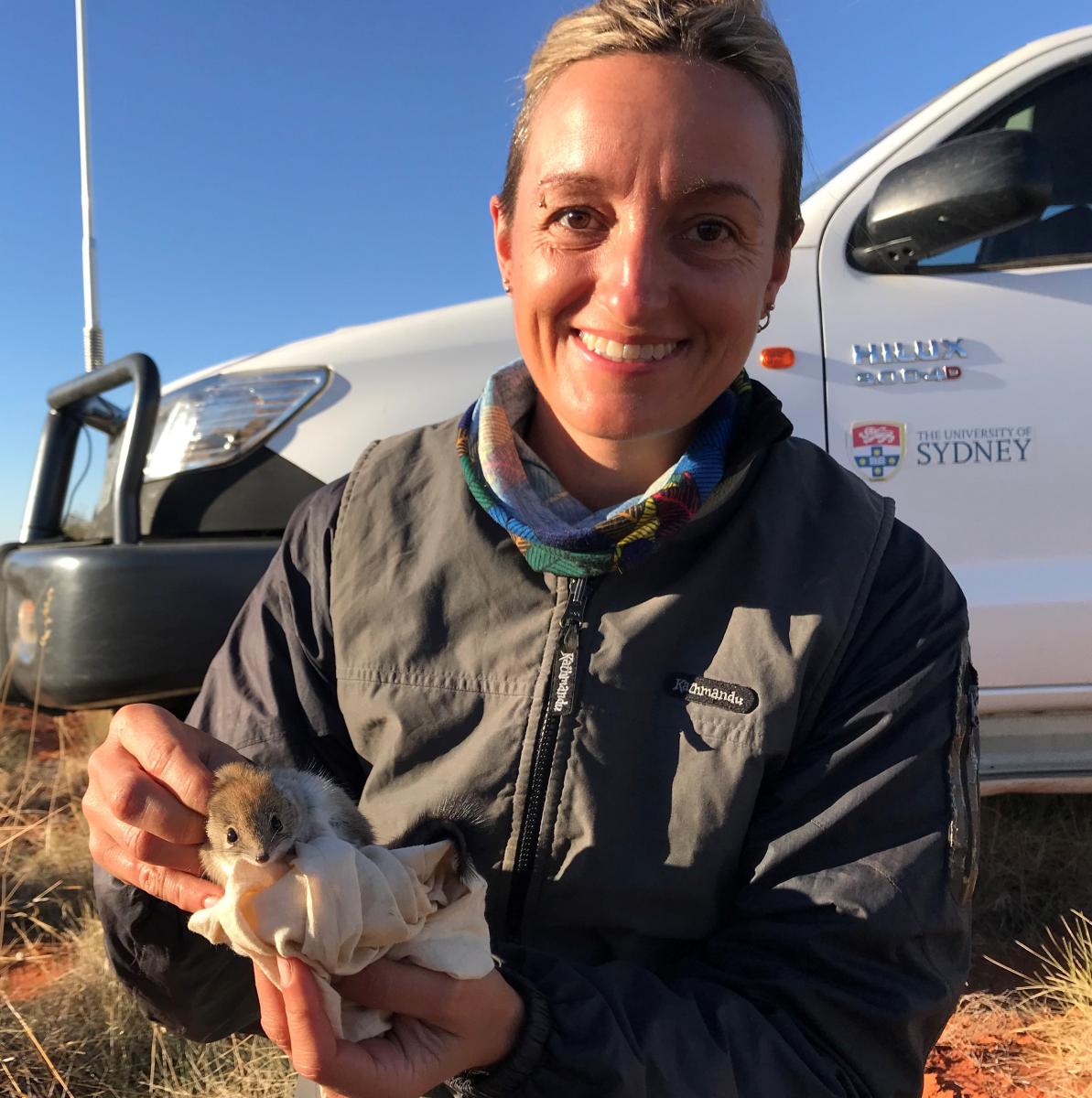
Ayesha is an ARC DECRA Fellow at the University of Sydney whose research focuses on using good ecological knowledge to inform conservation decision-making. She has worked in applied conservation and wildlife ecology for over 15 years and is interested in biodiversity management decisions that take place in human-modified landscapes where there are multiple threats and conflicting objectives. Her current research takes her to the Australian arid zone to improve how we track change in ecological communities that are difficult to monitor and are impacted by a range of threats including climate change and increased fire frequency. Ayesha is the Vice President of Policy and Outreach for the Ecological Society of Australia, and works with government agencies and NGOs in Australasia and Africa including Bush Heritage Australia, the Wildlife Conservation Society and BirdLife Australia to help deliver effective policy and on-ground actions for recovering species and ecosystems. She develops decision-support tools to help conservation management and monitoring, and co-leads the multi-stakeholder National Environmental Science Program Threatened Species Hub project "A Threatened Species Index for Australia."
Emma Gorrod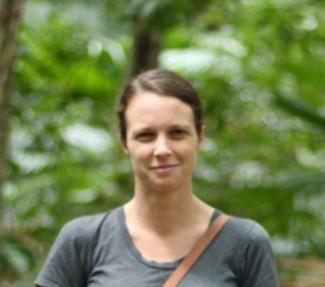
Dr. Emma Gorrod supports adaptive management and decision science in the NSW Department of Planning, Industry and Environment in Australia. Emma works on strategic problems that affect multiple species across broad scales, as well as assisting on-ground decision makers with prioritization decisions and resolution of critical uncertainties through experimental adaptive management. Emma also designs monitoring protocols and analyses monitoring data for use in conservation decisions.
Helen Mayfield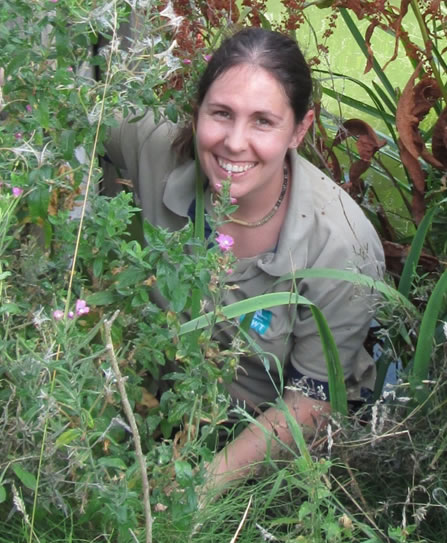
Helen is a researcher with The Australia National University and University of Queensland. Her research interests span environmental conservation and human health, and the overlap between the two. Her goal is to facilitate evidence based decisions in these fields by making data modelling and decisions science more accessible to decision makers. Her current work focuses on eco-epidemiology of infectious diseases, and the use of expert elicitation for guiding threatened species management in data poor situations. She draws on a range of data modelling and machine learning techniques, with a focus on spatial modelling.
Joe Bennett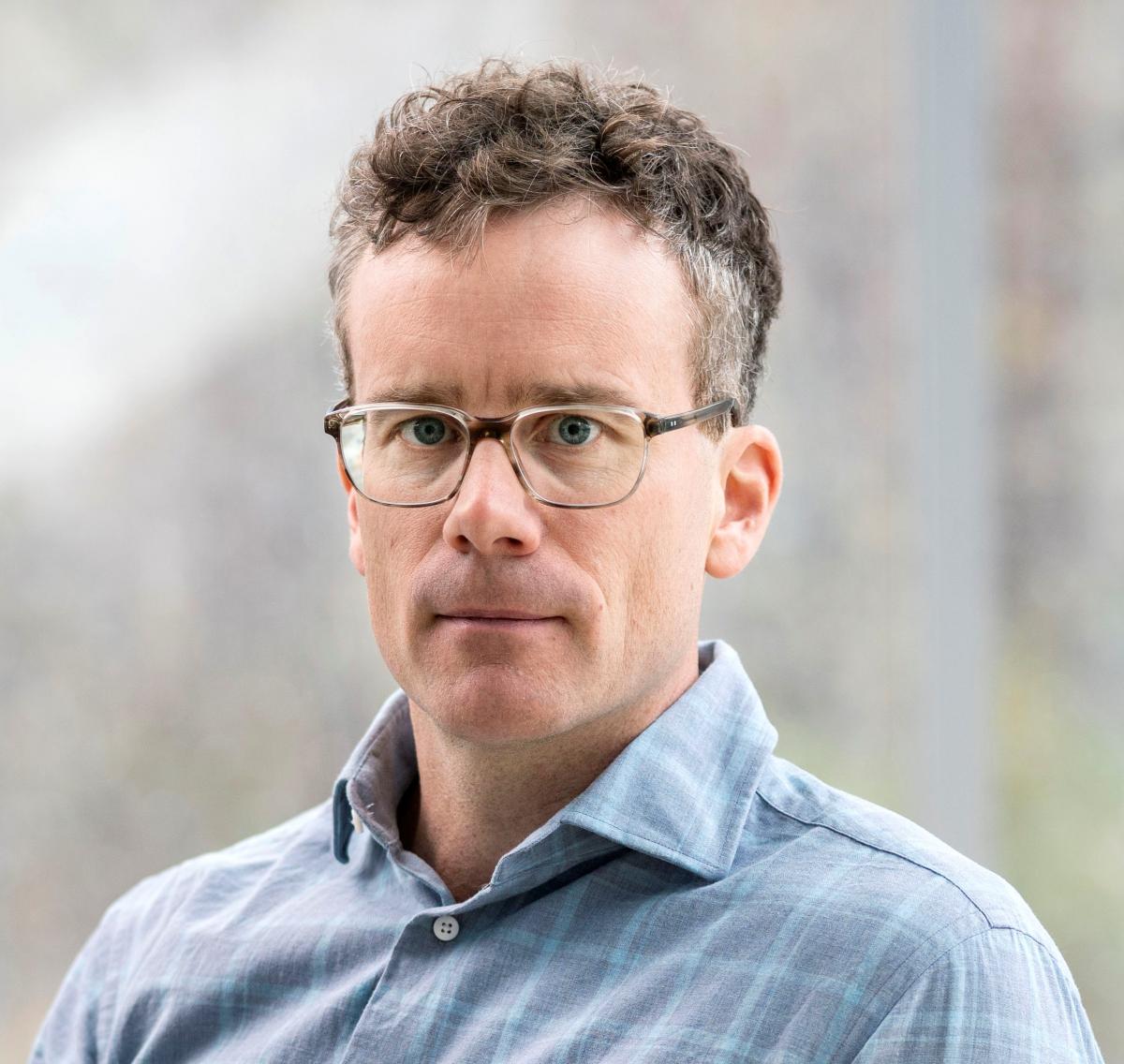
Joe Bennett is an assistant professor at the Institute of Environmental and Interdisciplinary Sciences and Department of Biology at Carleton University. He is co-director of the Geomatics and Landscape Ecology Laboratory. Research in his lab focuses on conservation prioritization, invasion ecology, optimal monitoring, biogeography and spatial statistics. Dr. Bennett is particularly interested in applied questions regarding management to protect threatened species and invasive species control. He also works on theoretical questions regarding the value of monitoring information and the determinants of community assembly in terrestrial and aquatic ecosystems.
Josie Carwardine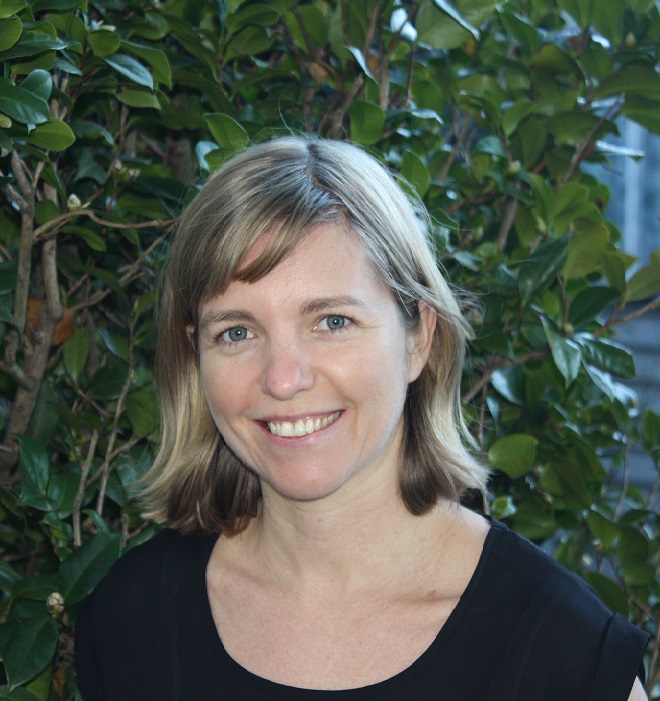
Josie is a research scientist at CSIRO, Australia, working on scientific decisions analyses for biodiversity and the sustainable management of our natural world. She pursues this by developing and applying prioritisation approaches that combine ecological, economic and social objectives to discover better outcomes for nature and people. Josie is a research scientist at CSIRO, Australia, working on scientific decision making approaches that create better outcomes for nature and people.
Leah Gerber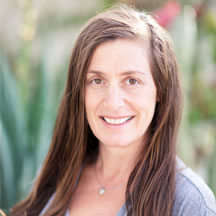
Leah Gerber is a Professor of Conservation Science in the School of Life Sciences and Founding Director of the Center for Biodiversity Outcomes at Arizona State University. By training, Gerber is a population ecologist and marine conservation biologist. She is motivated by a desire to understand the determinants of conservation outcomes. She applies understanding of coupled human-natural systems in achieving sustainable biodiversity outcomes. Gerber’s empirically-based research programs spans many dimensions of natural and social sciences, with the goal to inform policies and sustaining the health of the world’s oceans. She is also engaged in employing theories of change for indigenous communities and biodiversity conservation in Latin America. With a grounding in natural history and primary data collection, quantitative methods and an appreciation for the interactions between humans and the environment, Gerber has pioneered new approaches in protected area design, risk assessment, adaptive management and structured decision making.
Megan Barnes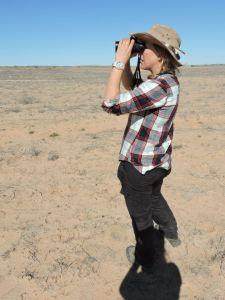
Megan is a decision support scientist at the Department of Biodiversity Conservation and Attractions in Western Australia. Her research as part of the Biodiversity and Conservation Science Program is designed to identify and facilitate the implementation of efficient and high impact actions to conserve species and ecosystems through the application of Structured Decision Making and decision science across Western Australia. Her research spans marine and terrestrial ecosystems and uses a range of quantitative and qualitative approaches. Her focuses are impact evaluation, trade-off analysis, cost-benefit analysis, embedding diverse values and perspectives into decision making, effective monitoring, and protected area policy and management at scales from local to global
Prue Addison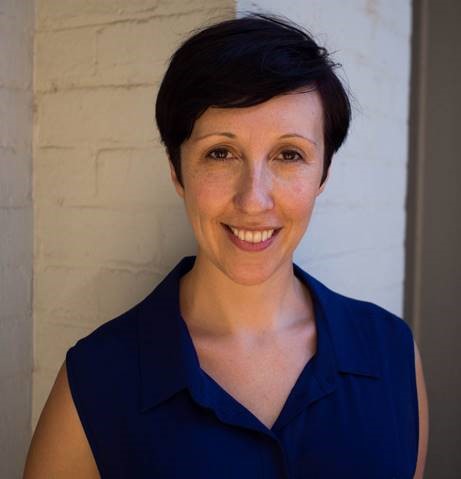
Prue is a conservation scientist and strategist with over 15 years of international experience applying evidence-based and practical conservation solutions to address marine and terrestrial environmental challenges. Prue has a particular interest in innovative forms of conservation, such as conservation finance, sustainability science, corporate biodiversity accountability. With a background in conservation and decision science, Prue blends her interest in innovative conservation with a passion for delivering practical conservation approaches underpinned by evidence, to strategically address current environmental challenges.
Prue is the Conservation Strategy Director at the Berks, Bucks, and Oxon Widlife Trust in the UK. Through this role she leads the delivery of a range of innovative conservation programs for wildlife in local British landscapes. Prue is also a Research Associate with the Interdisciplinary Centre for Conservation Science at the University of Oxford, collaborating on a number of international conservation research projects. You can connect with Prue through her website, LinkedIn or Twitter.
Tara Martin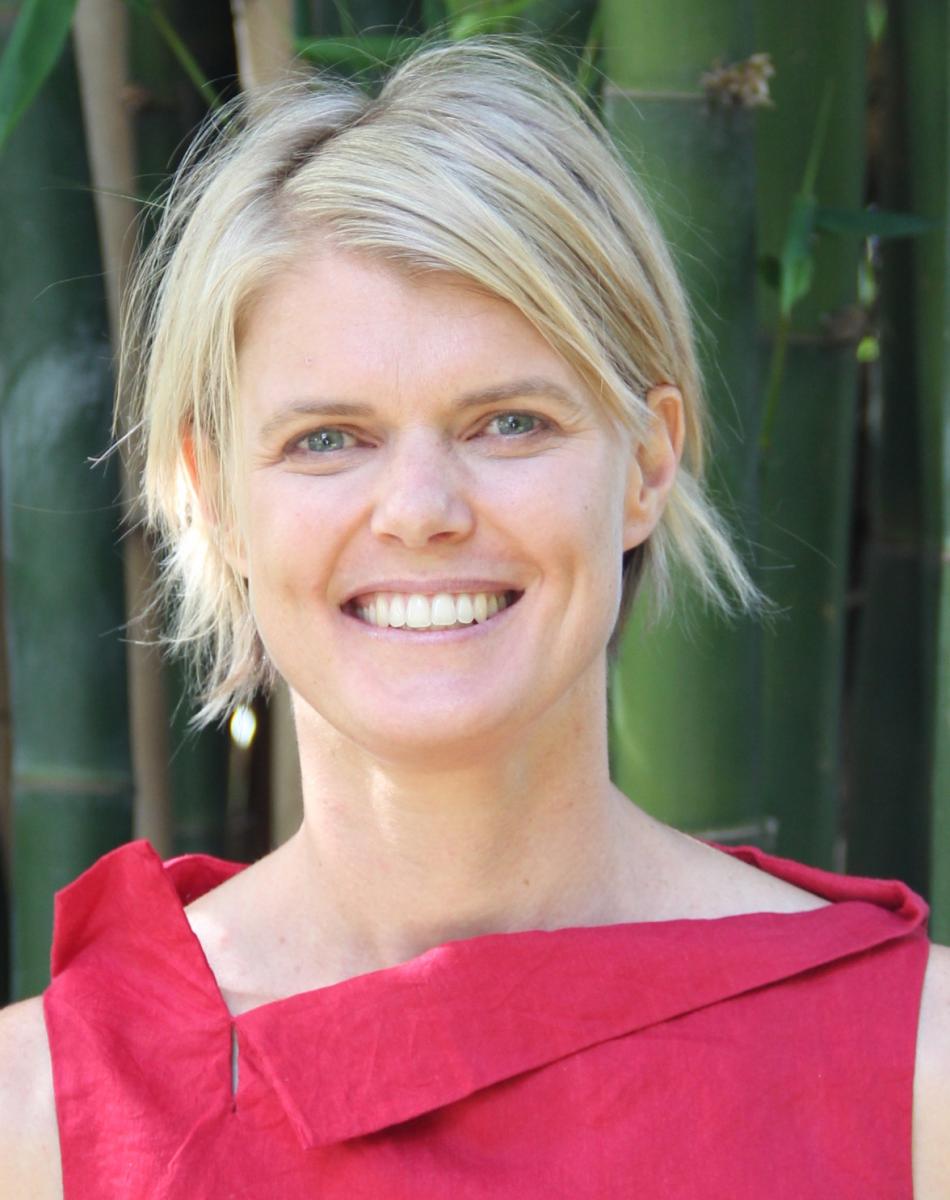
Dr. Tara Martin is a Professor of Conservation Decision Science in the Department of Forest and Conservation Sciences at the University of British Columbia. Tara is a pioneer in the field of conservation decision making - combining ecological data with decision science to bridge the gap between research and on-ground conservation action and policy. Her current research interests include prioritizing threat management for biodiversity conservation; climate adaptation and mitigation under global change; understanding shifting baselines and informing eco-cultural restoration; and decision-making under uncertainty. Tara was recently awarded The Nature Conservancy Professor in Practice Award, Thomson Reuters Citation & Innovation Award for her work in Climate change decision making and a Wilburforce Conservation Fellowship. She co-leads the Climate Adaptation theme within the IUCN Climate Change Specialist Group. For more on her research visit www.taramartin.org – or email Tara.Martin[at]ubc.ca
Libby Rumpff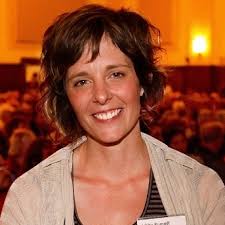
Dr. Libby Rumpff is Senior Research Fellow in the School of BioSciences at the University of Melbourne. Her research and teaching draw upon the practices of structured decision-making, adaptive management, and risk assessment. She works closely with government agencies to develop qualitative and quantitative models, facilitate expert elicitation workshops, and apply structured decision making to various environmental management decision contexts. Her work plays an important role in promoting and developing tools and methods to assist natural resource practitioners improve decision-making under uncertainty.
Victoria Hemming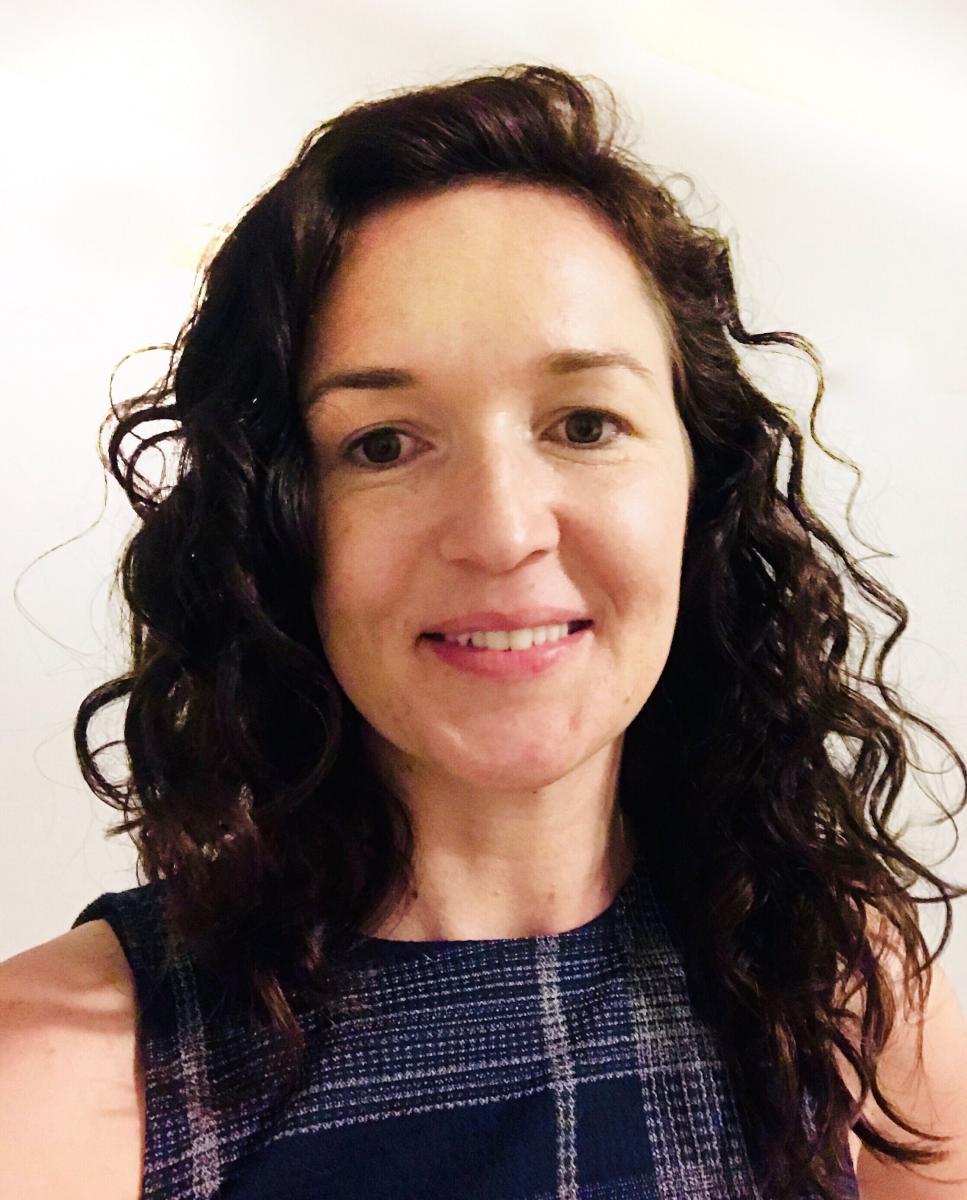
Victoria Hemming is a postdoctoral researcher at the University of British Columbia. Her work explores and applies methods from the fields of decision science and risk analysis to conservation and natural resource problems. Her PhD advanced, tested and applied methods for eliciting improved judgements from experts in data poor contexts. These methods are being used to guide IUCN decisions and assessments. Prior to undertaking a PhD, Victoria was employed as a field botanist where she undertook assessments for species across south-eastern Australia.
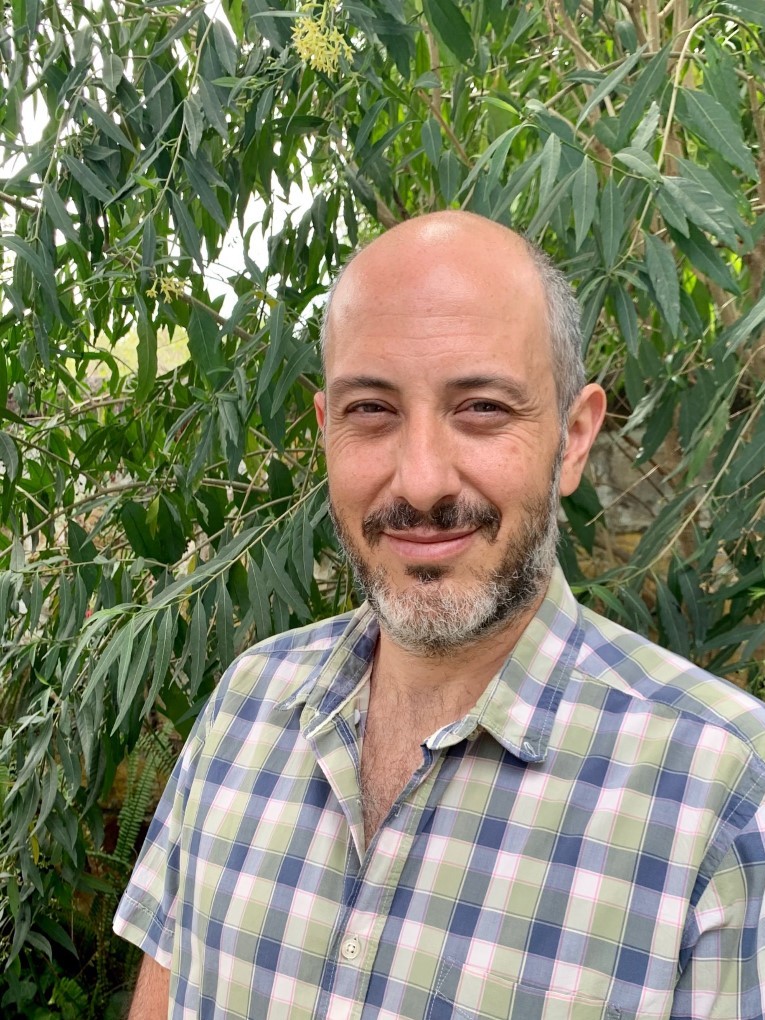 Rodrigo A. Estévez
Rodrigo A. Estévez
Rodrigo A. Estévez is a sociologist, MSc Biological Science, and PhD in Science. Rodrigo is an assistant professor at Universidad Santo Tomás in Chile, and an associate researcher at the Coastal Social-Ecological Millennium Institute (SECOS). He is particularly interested in the understanding of social-ecological systems, and the implementation of decision analysis methodologies for biodiversity conservation and marine resource management. In his research Rodrigo focuses on the co-production of knowledge, using multi-criteria analysis, expert judgment, and social science approaches to address conservation problems in protected areas and common-pool resources. Rodrigo actively collaborates with government services, non-governmental organizations, and local communities designing and strengthening innovative governance models and co-management systems.
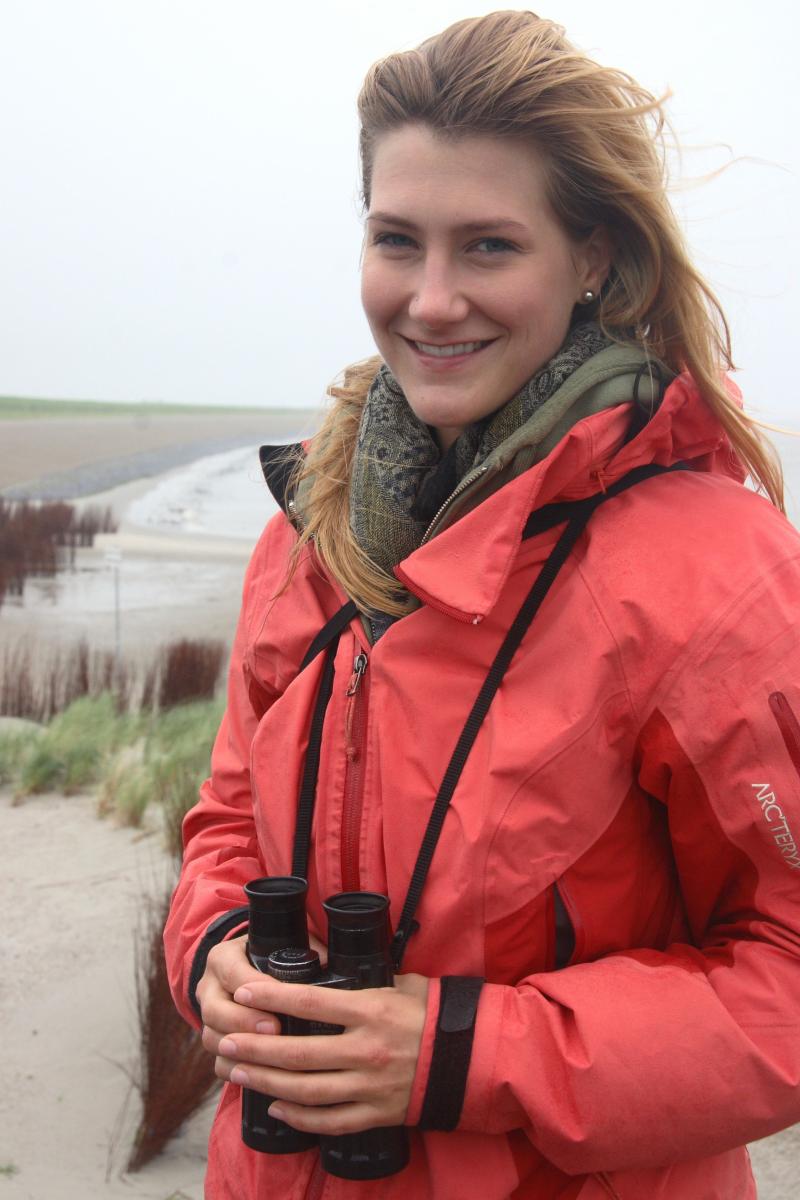 Stephanie Avery-Gomm
Stephanie Avery-Gomm
Stephanie Avery-Gomm is a Research Scientist with the Wildlife Research Division of Environment and Climate Change Canada. She leads the coastal research program for the Atlantic region. Stephanie is an ecologist with experience in applied research and conservation. Much of her work to date focuses on coastal ecosystems, and she has over a decade of experience studying seabird and plastic pollution. Since 2015, Stephanie has moved more into the conservation decision science space - helping to develop tools and processes to improve the cost-efficiency of endangered species recovery programs, track and report the trajectory of threatened species, and design inclusive approaches to predict the cumulative effects of human activities on coastal species in a manner that centers Indigenous values, interests and knowledge. She is particularly interested in applying decision science approaches to address the real-world challenges of conserving biodiversity.


